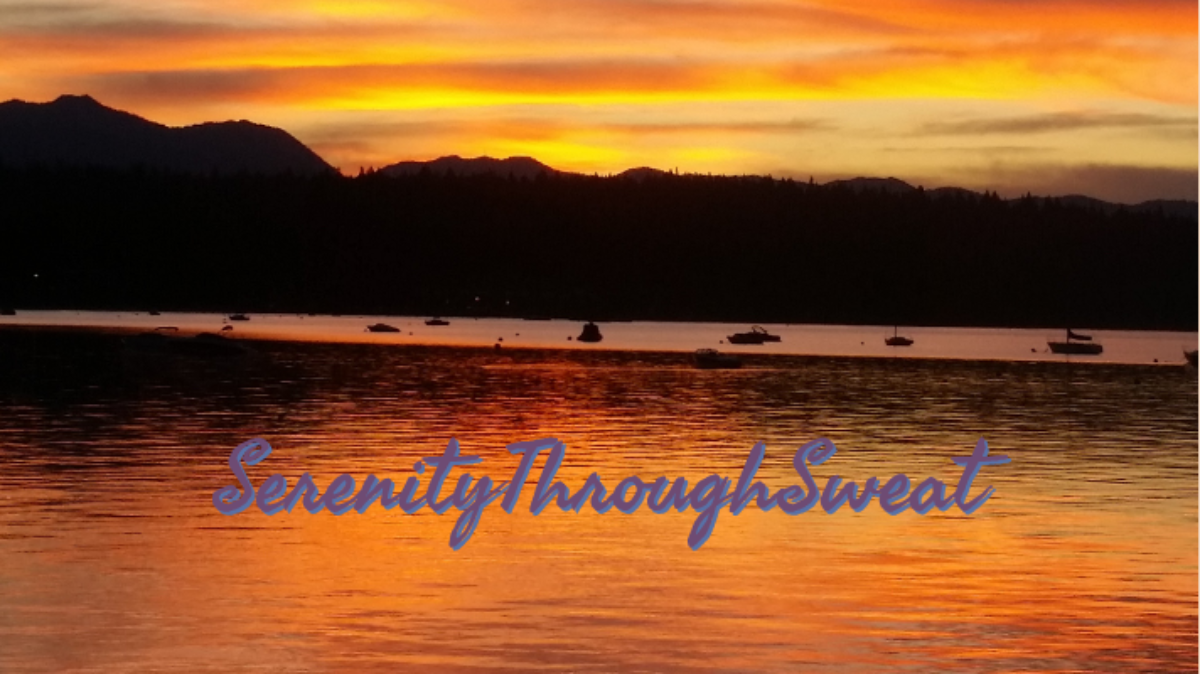Thanks for joining me for another edition of the SerenityThroughSweat blog. This week, I wanted to share another interesting story I found while researching my linguistics project.
The history of dictionaries may seem like a boring subject. You write down words, and you define them. How hard could it be? There are actually a lot of questions that must be answered when deciding how to make a dictionary.
“What is the relationship between words and phrases? How far should a dictionary go in recording nominal phrases? (Fire escape, forest fire)”





“How strictly should a dictionary confine its inventory to recorded usage? Can a spelling form be shared by more than one word (record as a number and record as a verb).”
“How much attention should be paid to etymology? (Weave intransitive vs transitive verb)” Weave in and out of traffic, and Weave clothes on a loom come, from different origin words as an example.
Making a dictionary becomes a little more complex than just a book to check when you don’t trust your scrabble opponent.


One of the most popular dictionaries in the US, is the Merriam-Webster brand. Their story was featured in the chapter I was researching, on the history of lexicography.
“The Merriam dictionaries trace their history back to the American Dictionary of the English Language dutifully compiled by the polemical lexicographer Noah Webster in 1828. It contains no fewer than 70,000 entries”
“Webster was an indefatigable collector of words with a rare gift for definition writing.”



“Unfortunately, his etymologies were influenced by his belief that modern languages, including English, are derived from something called Chaldean, which he believed was the language used by Adam and God for their conversations in the Garden of Eden and the immediate precursor to Hebrew.”
“After his death, his successors-including his son-in-law, Chauncey H. Goodrich, and the redoubtable Noah Porter, president of Yale College- quietly abandoned the Chaldaean hypothesis and brought the etymologies into line with the findings of Germanic and Indo-European scholarship.”
That is a lot to unpack for a book that has been mostly superceded by online reference checking. But recall that for generations, the Webster dictionary reigned Supreme. It is eerie to think about how much power definition holds, and how that power was held by a religious fanatic.


I grew up Roman catholic, and considered myself fairly devout until after high-school. Even I had never heard of Chaldean before.
After some very preliminary research it seems that the Chaldean people were in Mesopotamia around 11-12 thousand years ago, and were assimilated into the Babylonians. You may recognize that name from it’s own biblical reference the tower or babel.
Apparently there are multiple references not only in the Bible, but also from other renowned scholars, (Pliny the elder and Cicero) to Chaldean knowledge. There appears to be multiple references to their expertise in astronomy, astrology, vibrations, and numerology.




Some or all of that may be nonsense. I don’t know. And frankly, I don’t know how to know if any of it is real or not. Either way, it is fun to think about next time you have to check the dictionary when your five year old asks the difference between gunk and sludge.
We base our lives on definitions. How we identify ourselves, each other, the occurrences of our day to day experiences, they all depend on agreed upon definitions. The ability to set those definitions is a great power. And, as Uncle Ben would say, with great power comes great responsibility.
Thanks for joining me, stay safe and stay sweaty my friends.






















